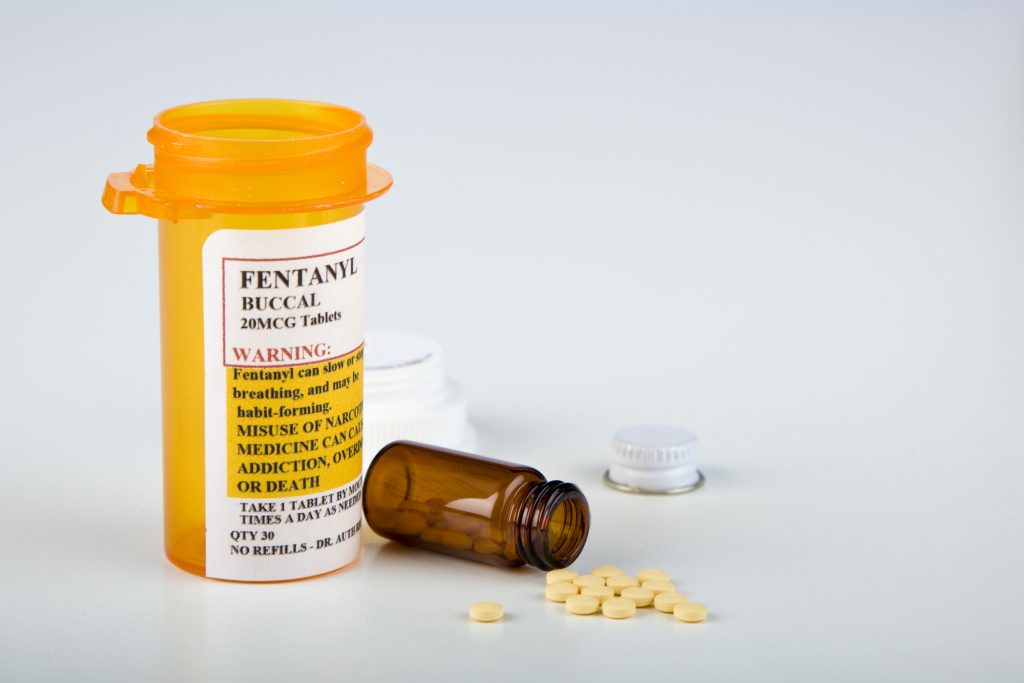Drug overdoses are a significant problem in the United States, killing more than 107,000 people in 2021. Of those deaths, two-thirds were caused by fentanyl, a synthetic opioid that is 50 to 100 times stronger than morphine. While fentanyl is commonly used to manage severe pain, it is also abused, often added to heroin to increase its potency without the user’s knowledge. It has no taste or smell, can be absorbed through the skin, and just two milligrams can be fatal. Illegal fentanyl is sold in various forms, such as powder, blotter paper, eye drops, nasal sprays, and pills.
Fentanyl overdose often results in death, and unfortunately, these overdoses frequently occur in hotels. Thus, it is essential to train hotel staff about this deadly drug. Life-threatening effects can occur within two minutes of use, so it is crucial to identify the symptoms as quickly as possible. Signs of fentanyl overdose include shallow breathing, loss of consciousness, severe sleepiness, unresponsiveness, gurgling sounds or snoring, pinpoint pupils that later become dilated, cold blueish skin, and respiratory failure. In case of an overdose, make sure to not touch anything in the room, leave, and close the door. Then, call 911 immediately to get first responders who are properly trained and equipped to manage the situation.
To prevent fentanyl exposure, it is crucial to always wear latex gloves, medical-grade masks, and safety glasses when entering a guest room where the fentanyl contamination is suspected. In the event of direct contact with suspected fentanyl, the exposed area should be washed immediately with large amounts of water, and as soon as possible, skin surfaces should be washed with soap and water. Alcohol-based disinfectants and hypochlorite bleach solutions must NOT be used, as they may enhance skin absorption of fentanyl.
Naloxone (Narcan) is a drug that can temporarily reverse the effects of an opioid overdose, but many hotels do not keep it in their first-aid kits. There are some cities in the USA that are considering the use of naloxone emergency kits, such as San Francisco. If you decide to have naloxone on your premises, we encourage you and your staff to undergo proper training in how to administer it safely.
Additionally, to mitigate fentanyl use on premises, some hotels implement “do not rent” and “no locals” policies. However, hotels should apply these policies cautiously to avoid illegal discrimination toward potential guests.
For clean-up and remediation, follow your local health department policies and procedures and use a professional remediation company. This can be pricey, so check with insurance providers for potential coverage. Often, as with bed bugs, it is necessary to remove/replace curtains, carpet, mattresses, and case goods. Where fentanyl use is suspected or a visible amount of fentanyl-containing powder or liquid is present, a professional with hazardous waste training should be brought in to clean the premises.
Finally, law enforcement agencies are stepping up their efforts to crack down on fentanyl trafficking networks and prevent the drug from making its way into hotels and other public spaces. By working together, hotels, law enforcement, and medical professionals can help reduce the risk of fentanyl-related incidents and keep guests safe from harm.
To get more information and resources for safely handling a fentanyl overdose in a hotel, please check the following:
YouTube video “Fentanyl in Hotels” made by security professionals in this area: https://www.youtube.com/watch?v=ZeiRpYSMDJA&t=1061s
Checklist on what to do if you suspect a fentanyl overdose: https://hospitalitylawyer.com/wp-content/uploads/2023/05/What-to-do-if-you-suspect-a-fentanyl-overdose.pdf
About the authors:
Chloe Lange, assistant director of research and social media at HospitalityLawyer.com
Stephen Barth, founder of HospitalityLawyer.com; Professor of law and leadership at the Conrad Hilton College of Global Hospitality Leadership

